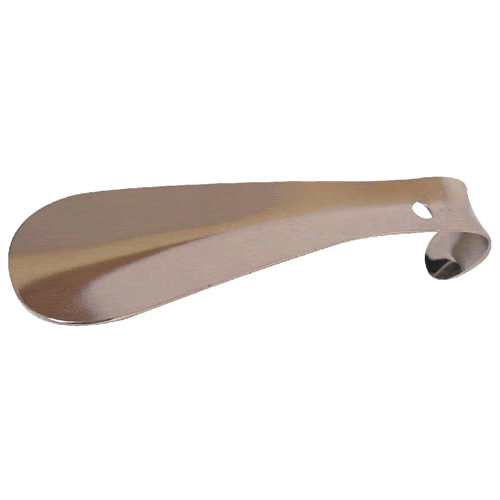

The result was that most of the test subjects were completely pain-free by the end of the program. The patients followed a twelve-week training plan in which they did twice daily eccentric strengthening exercises for the gastrocnemius and soleus. The study examined 26 patients who suffered from Achilles tendinosis. It can help ease the pain or even completely eliminate it.Ī study published in the British Journal of Sports Medicine demonstrated the positive effects of eccentric strength training. Try eccentric strength training: lengthening of specific muscles under load. Plus, you run the risk of doing major damage to your Achilles tendon, which can interrupt your training for months. If you have been suffering from Achilles tendon problems for some time, then you should definitely take a break from running.Ĭontinuing to run while in pain is not going to make you any stronger or faster. Pronation (where the foot rolls inward)Īchilles Tendinitis Treatment Eccentric Strength Training Reduces Pain.



What Is Achilles Tendinosis?Īchilles tendon pain that persists for weeks or even months can lead to Achilles tendinosis, a chronic pain. The pain usually subsides as the run continues, but then spikes again a few hours afterwards. At the beginning of a run, the pain can be quite intense. Most people experience the highest level of pain when they wake in the morning. The area above the heel is usually extremely sensitive to pressure. Runners who suffer Achilles tendinitis feel stiffness in the calf, through the ankle, and into the heel. The Achilles tendon, which is also called the “calcaneal tendon,” is a band of connective tissue which connects the calf muscles to the calceneus (the bone that juts out at the bottom of your heel). 4 More Calf Exercises That Help With Achilles Tendinitis.Other Benefits of Achilles Tendon and Calf Exercises.Eccentric Strength Training Reduces Pain.What Are The Causes for Achilles Tendon Pain?.


 0 kommentar(er)
0 kommentar(er)
